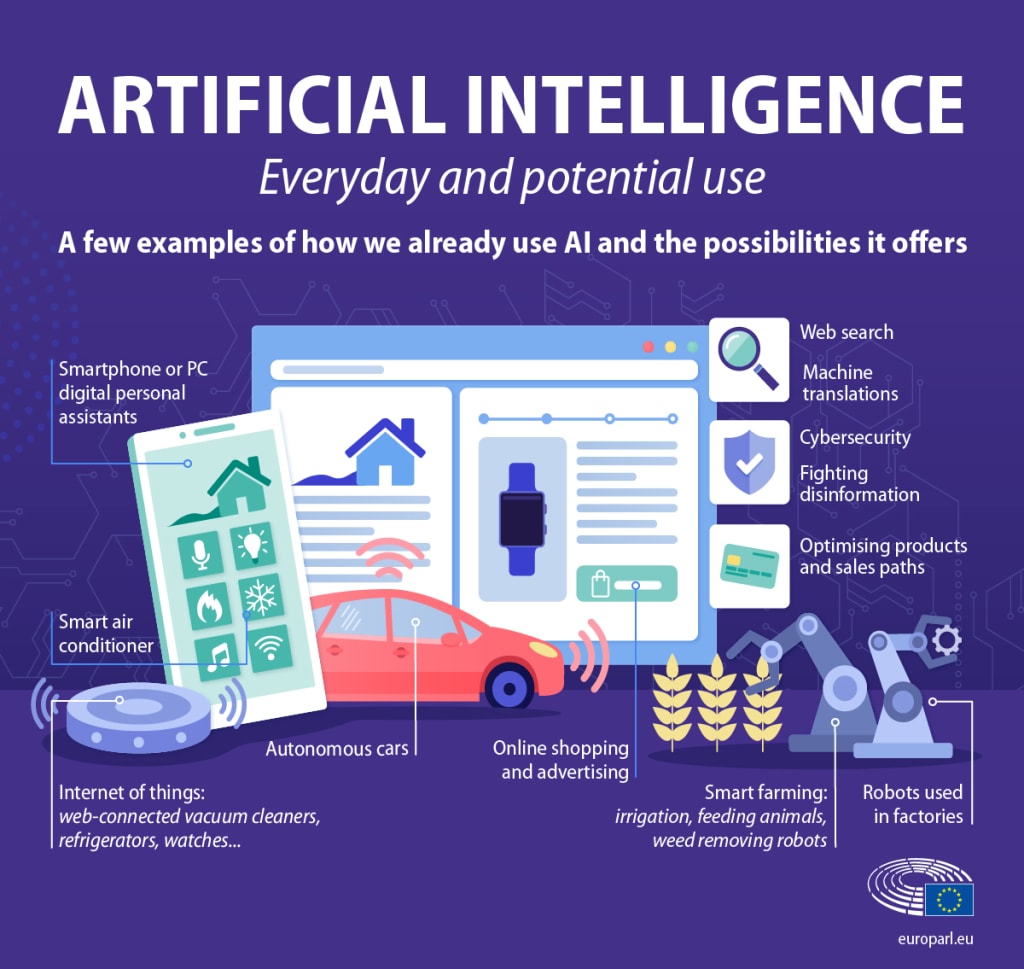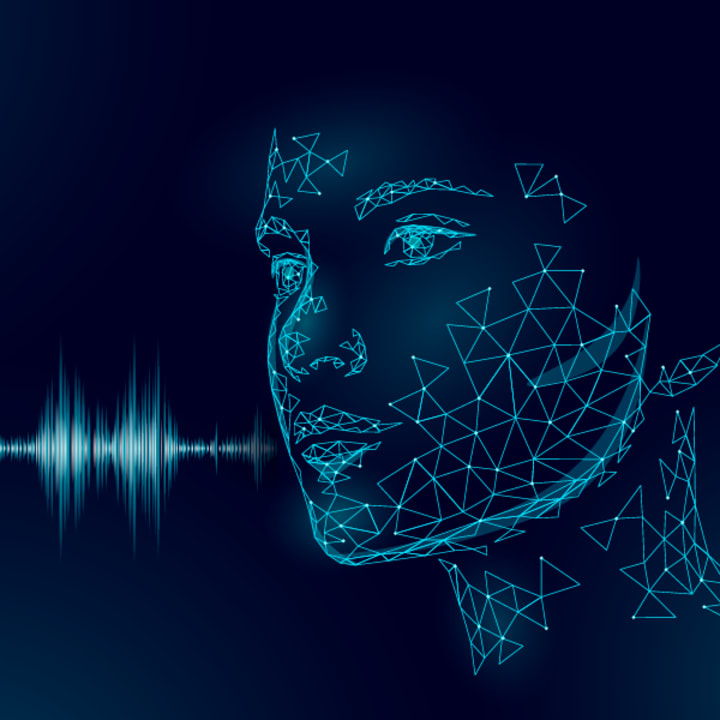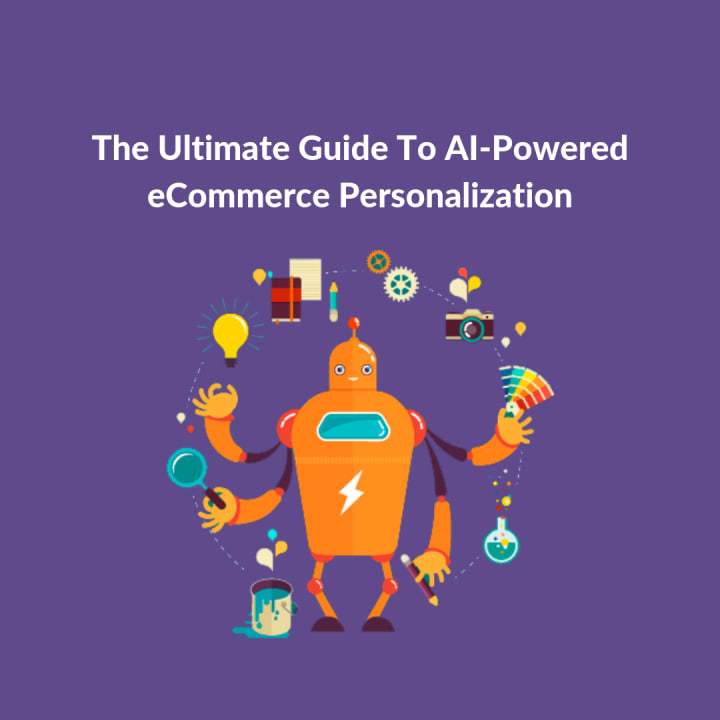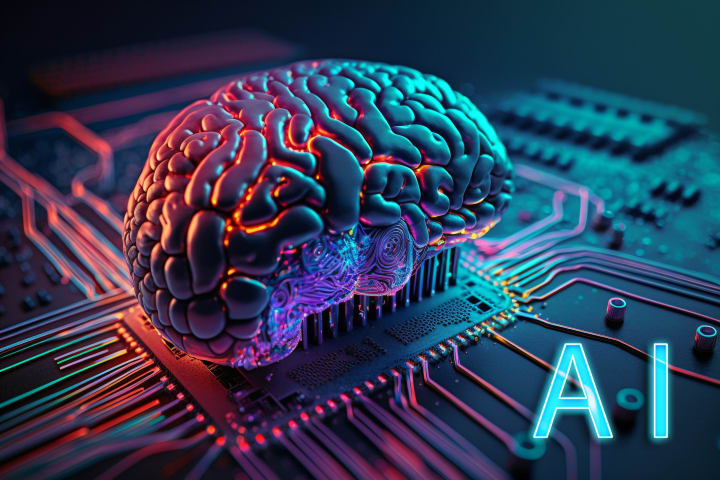
INTRODUCTION
Artificial intelligence has emerged as a transformational force in our daily lives, revolutionizing industries and increasing efficiency across multiple sectors. AI is altering the way we live, work, and interact with technology through its capacity to analyse massive amounts of data, recognize patterns, and learn from experiences. AI is becoming an increasingly important aspect of our daily lives, from voice assistants and personalized suggestions to driver-less vehicles and healthcare advancements.

AI in Communication and Personal Assistance
Voice assistants are one of the most visible expressions of AI in everyday life. Devices such as Amazon Echo's Alexa, Google Assistant, and Apple's Siri have become household names, allowing consumers to connect with their digital surroundings in a simple manner. These AI-powered assistants can answer questions, create reminders, play music, and control smart home gadgets, among other things. They are constantly improving their grasp of user preferences, speech patterns, and context in order to improve the entire user experience.
Furthermore, AI algorithms provide enhanced language processing, allowing for natural language conversation and real-time translation services. Businesses use chatbots with AI capabilities to deliver quick customer care, improving interactions and increasing efficiency.

AI in E-commerce and Personalization
The e-commerce sector has been dramatically impacted by AI, which offers customized recommendations based on customer preferences, browsing history, and purchasing trends. Businesses like Amazon and Netflix utilise artificial intelligence (AI) algorithms to propose appropriate goods, films, or TV series to their clients, boosting user satisfaction and boosting revenue. This degree of personalisation has revolutionised how we shop and consume digital material, making it simpler to find new products that are suited to our interests.
Furthermore, artificial intelligence (AI)-driven virtual assistants are becoming more common, allowing clients to get tailored advice and suggestions when online shopping. These assistants mimic the in-store experience by making recommendations, responding to inquiries, and helping customers make decisions on what to buy.

AI in Healthcare
The healthcare industry is undergoing a change because to artificial intelligence, which has improved patient care, treatment, and diagnosis. Massive volumes of medical data, such as patient records, test findings, and research papers, are analysed by machine learning algorithms to help doctors make precise diagnoses and recommend suitable treatments. Medical imaging is more accurate thanks to AI-powered imaging technology, which helps in the early diagnosis of diseases like cancer.
In addition, real-time health monitoring is possible with wearable technology that has AI capabilities. With the help of these gadgets, which monitor vital signs, sleep patterns, and physical activity, preventive care and general well-being can be improved.
Another field where AI is making considerable progress is robotic surgery. AI-powered surgical robots improve accuracy, lessen invasiveness, and speed up recovery times, improving patient outcomes.

AI in Transportation and Autonomous Vehicles
With the integration of AI, the transport sector is going through a significant transformation. Artificial intelligence (AI) algorithms in autonomous vehicles are about to revolutionize how we commute. In order to navigate roadways, decipher traffic patterns, and arrive at well-informed conclusions, these self-driving cars make use of sensor technology, computer vision, and machine learning. Autonomous vehicles have the ability to optimise traffic flow, increase fuel efficiency, and improve accessibility for those with mobility issues. They also have the potential to reduce the danger of accidents.
Additionally, AI algorithms enable route optimization and in-the-moment traffic forecasting, allowing navigation systems to recommend the quickest and most effective routes, saving time and clearing traffic.
Conclusion
Artificial intelligence has ingrained itself deeply into our daily lives, revolutionizing the way we commute, communicate, shop, and receive healthcare. AI is empowering people and changing industries, from voice assistants making our work simpler to personalized recommendations boosting our digital experiences. We may anticipate much more integration and effect as AI technologies develop, as well as increased efficiency and the ability to tackle challenging societal issues. To guarantee a good and inclusive future driven by AI, ethical issues, data protection, and the need for responsible AI development and deployment should go along with this technological advancement.






Comments
There are no comments for this story
Be the first to respond and start the conversation.